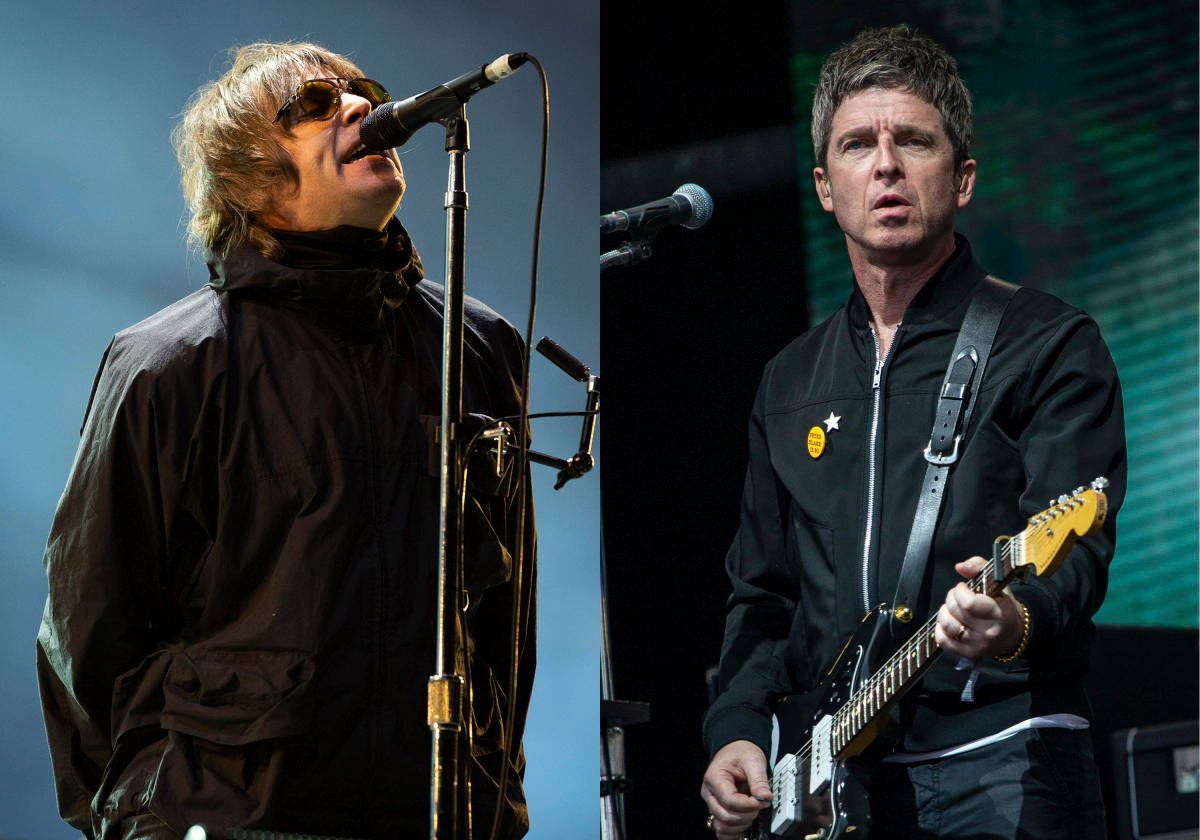It’s not only Taylor Swift fans and the US government about . The UK government is set to look into the company’s dynamic pricing model after millions of Oasis fans scrambled for tickets to the band’s reunion tour over the weekend.
Once fans got through hours-long queues to make their purchase, some found that the price of a standing ticket was suddenly 2.5 times — in one case, going up from £135 to £337.50 ($177 to $444). Ticketmaster often gives customers just seconds to decide whether to complete a purchase once tickets are in their cart, so they don’t have much time to determine whether such a hefty price increase is worth it.
Many fans didn’t manage to buy Oasis tickets before they sold out on Ticketmaster. So, if they really want to see Liam and Noel Gallagher on stage together for the first time in 16 years, they may have to resort to resale sites where some touts are trying to sell tickets for nearly $8,000 each.
The chaos and complaints about the dynamic pricing model caught the attention of Lisa Nandy, the UK’s culture secretary. Nandy said it was “depressing to see vastly inflated prices excluding ordinary fans from having a chance of enjoying their favorite band live,” according to .
“This government is committed to putting fans back at the heart of music. So we will include issues around the transparency and use of dynamic pricing, including the technology around queueing systems which incentivise it, in our forthcoming consultation on consumer protections for ticket resales,” Nandy said. “Working with artists, industry and fans, we can create a fairer system that ends the scourge of touts, rip-off resales and ensures tickets at fair prices.”
Before the Labour Party won July’s general election, leader Sir Keir Starmer to cap resale ticket prices for music and sports events. The government it would hold a consultation into the secondary-ticket market this fall and the issue of dynamic pricing will now be factored in.
Ticketmaster doesn’t set prices itself. The company said that’s a decision for event organizers. In other words, the promoters. But artists have a say as well. Swift, Ed Sheeran and The Cure are among the big names who have opted not to use dynamic pricing on recent tours. However, Bruce Springsteen caused a stir in 2022 when he said he’d use the model.
Meanwhile, Ticketmaster is in hot water Stateside. In May, the Justice Department and dozens of state and district attorneys general filed an antitrust suit in an attempt to , claiming it held an unlawful monopoly over the live entertainment industry.





